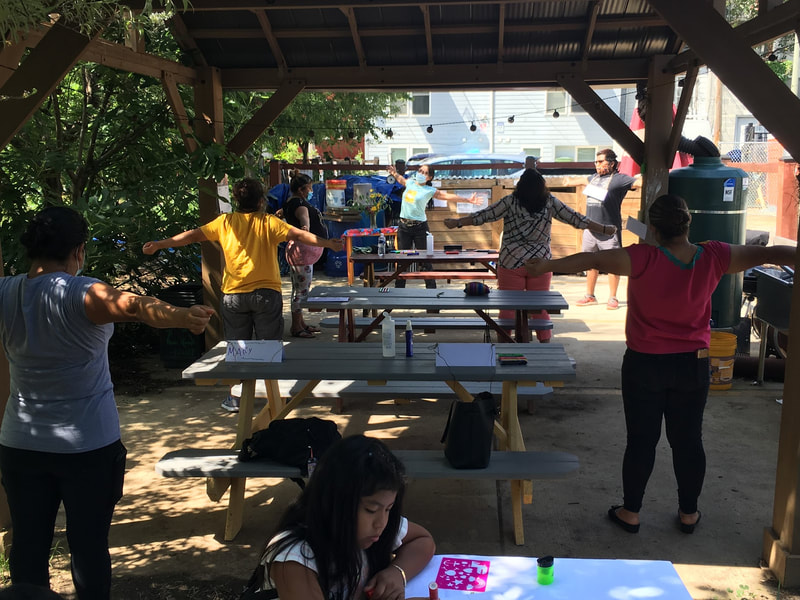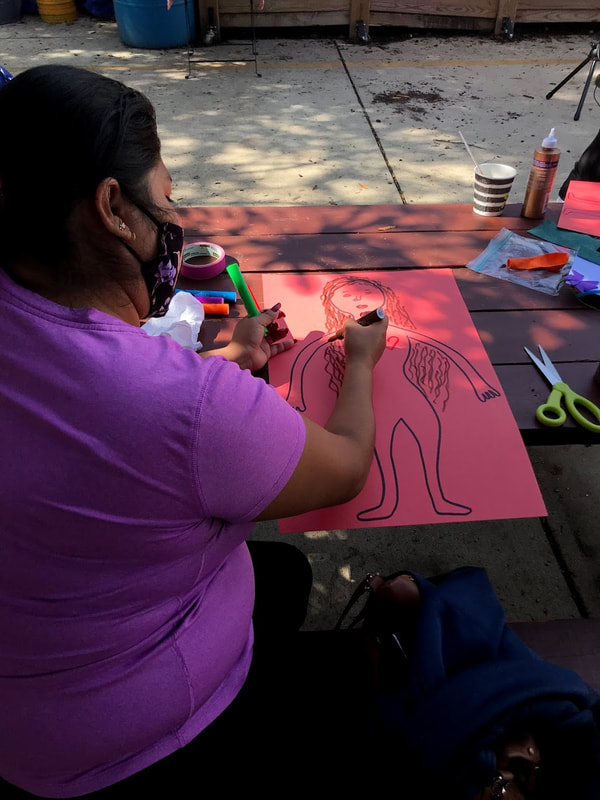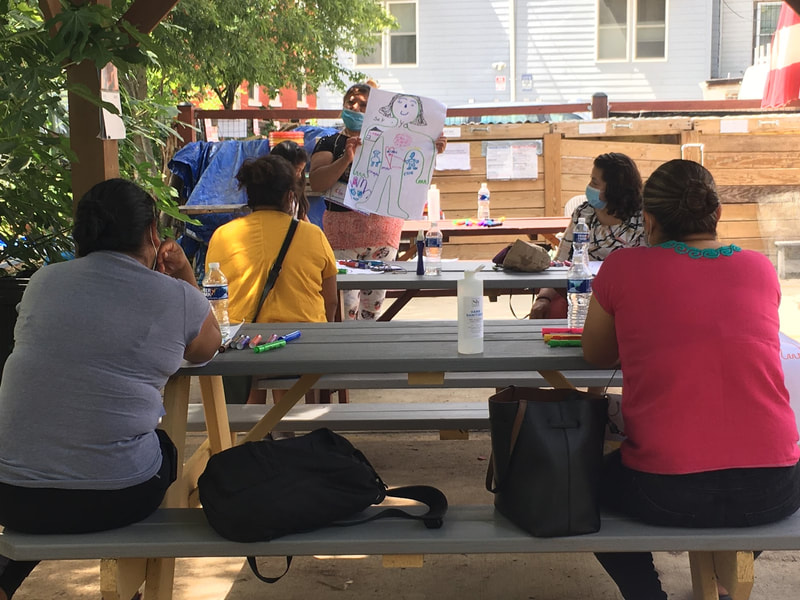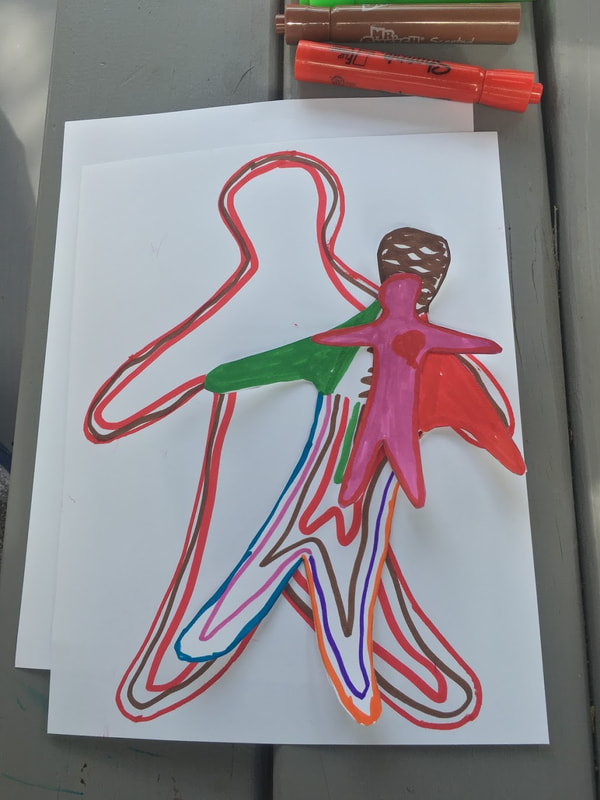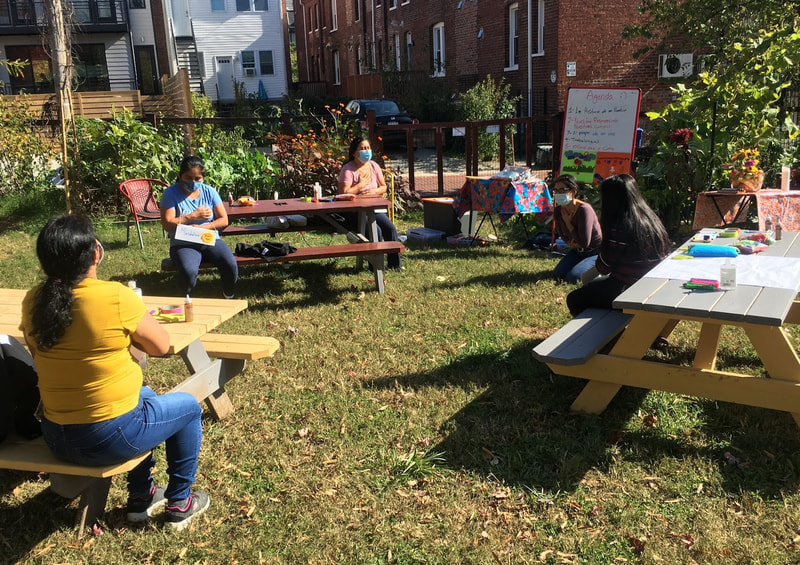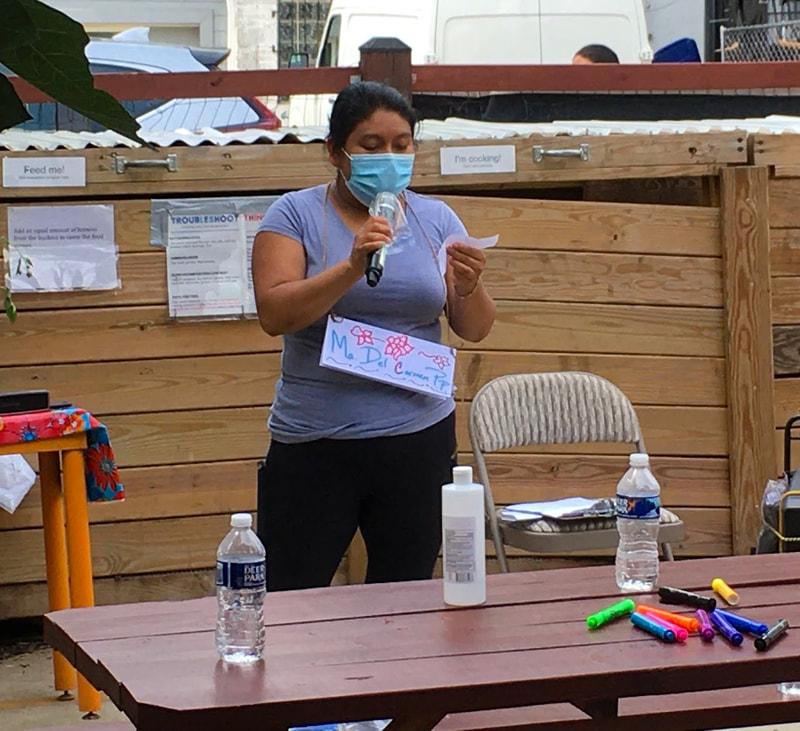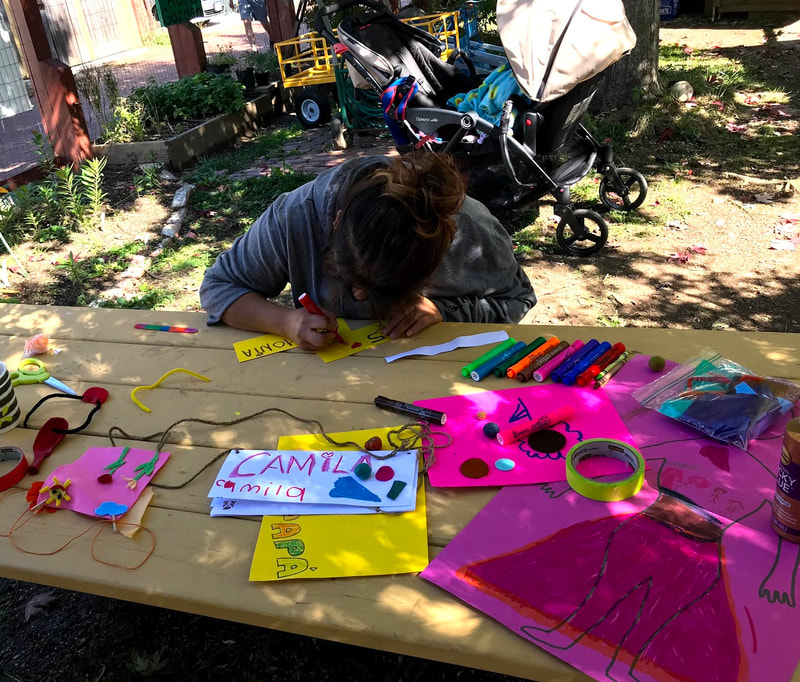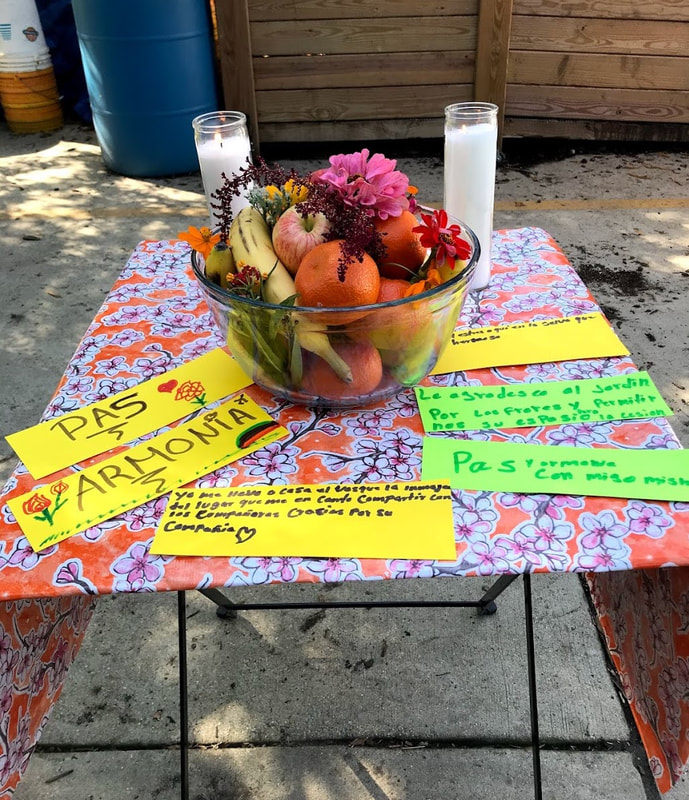|
The Rockefeller Foundation’s US Equity and Economic Opportunity team is beginning to fund worker organizing in four states. They have contracted Movement Matters to strengthen their understanding of how to support the work and to provide protocols and practices to best enter the field. As in our work with other funders, we grounded our process in a detailed understanding of organizing as a distinct change strategy, clarifying how it relates to and is different from other modes like service provision and policy advocacy. We have examined best practices to recognize and address funder-grantee power dynamics, especially when it comes to supporting grassroots efforts. We have also provided models for funder support of short and long term change strategies, and identified ways to shift philanthropic culture to be more responsive to the needs of organizations on the ground. We are excited to continue this partnership as the Rockefeller team begins to make grants and support the work. Connect with us for more information on our Funder Training and Technical Assistance work. Movement Matters is based in Washington, DC. We work regionally with various communities and with national partners. Movement Matters began offering Community Healing and Action Circles (CHACs) in the summer of 2020 with the recognition that community members leading campaigns to support and create change are lacking spaces to heal and grow together. Our first series of CHACs was developed for laid-off restaurant workers who continue to organize themselves as they fight for the rights of their families and communities. These community leaders asked for a space to mourn the current moment, to heal and deepen their resilience, to care for themselves and their bodies given their limited resources and access to nature, and to build their public speaking skills as community leaders at the forefront. We created spaces of radical joy, reflection, and trust building by using culture, expressive arts (including dance, movement and theater), breath work, self-massage, medicinal plants, ritual, story creation and story telling to center healing, self-care/self-regulation, resiliency, and the decolonizing of voice, microphones, and 'public speaking' in its entirety. Our current series includes: CHAC 1 & 2: Breath, Movement, & Voice CHAC 3 & 4: Movement, Resilience, & Story Creation CHAC 5 & 6: Our Healing Traditions & Self Care The Community Healing and Action Circles are intentionally structured to build resilience within a community context. Participants are not just isolated individuals, but leaders of change efforts who are deeply connected to their constituencies. We mindfully cultivate each session to meet the emerging needs of the work, campaigns, and the broader membership of participants, ensuring that healing and capacity building are being integrated into the larger organizing community. We partnered with the DC Urban Sustainability Administration and Washington Parks & People, and have been holding these live, COVID safe, physically-distanced sessions at the Columbia Heights Green garden. We thank the Junte Comunitario Virtual and its community leaders in Puerto Rico for providing us with the safest strategies for in-person sessions during COVID times. We have moved the sessions online for the winter. The CHACs are being developed in conjunction with our Learning and Action Circles and our Dismantling Anti-Blackness Among People of Color work, both of which are oriented toward organizers and professional staff. Connect with us for more information on our Community Healing and Action Circles.
Movement Matters is based in Washington, DC. We work regionally with various communities and with national partners. |
AuthorsMOVEMENT MATTERS Archives
October 2023
Categories
All
|
